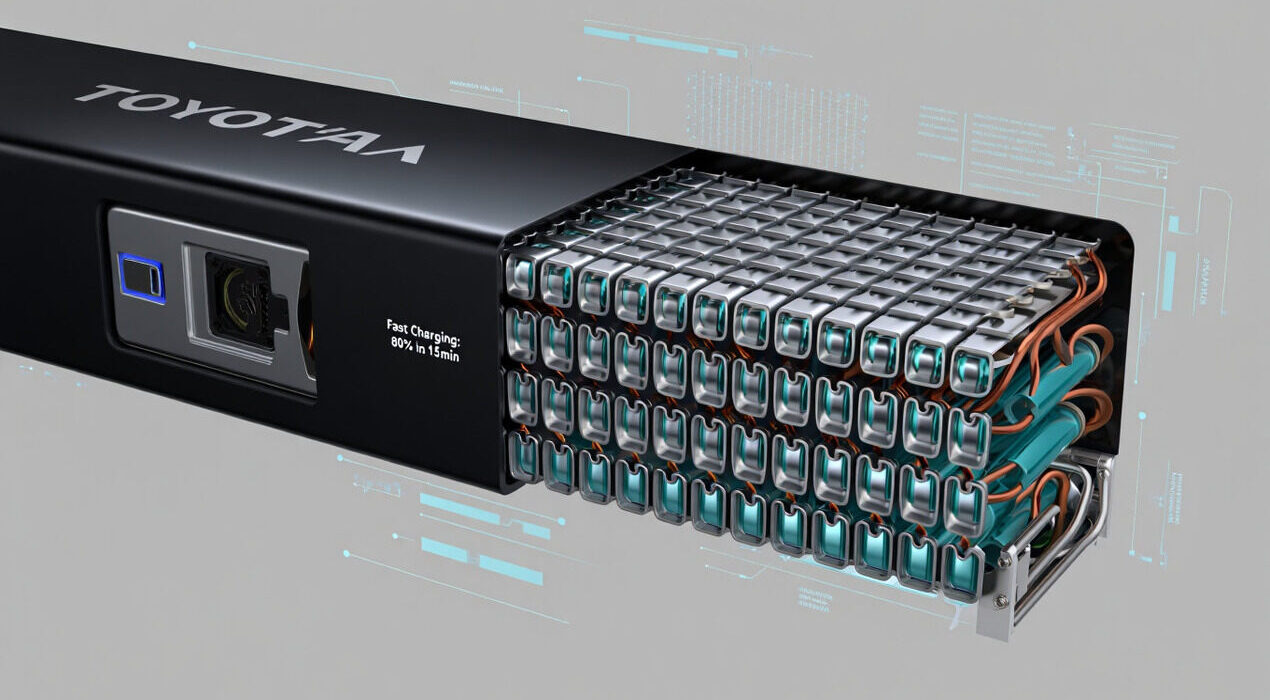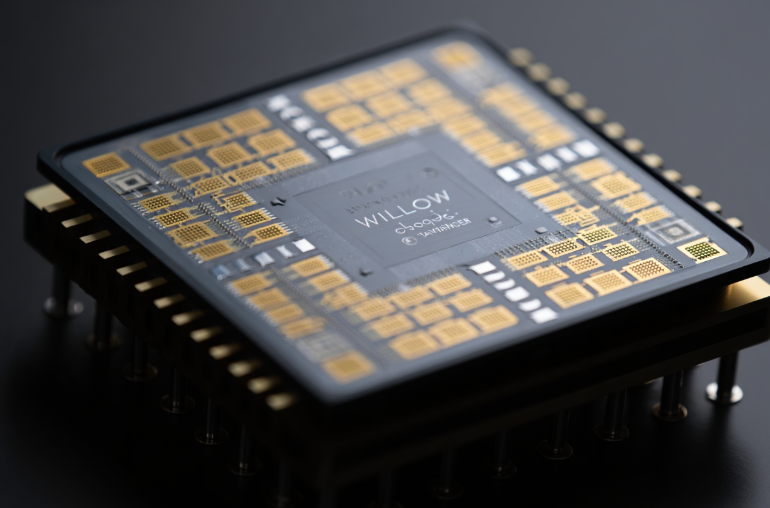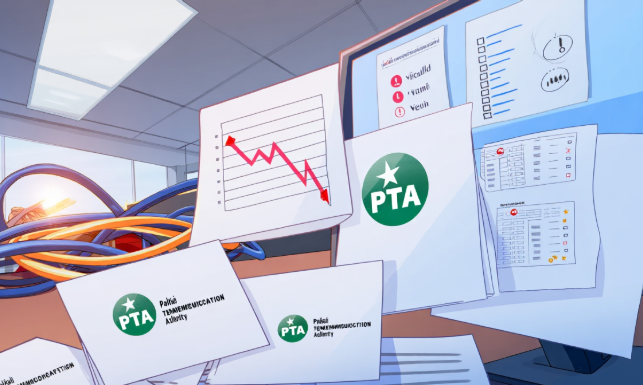Toyota Targets 2027 Launch for Solid-State EV Batteries
Toyota says it is on track to introduce solid-state batteries in its cars by 2027 or 2028. The technology could reshape the future of electric vehicles. The Toyota solid-state batteries promise longer life, faster charging, and more range.
New reports claim these batteries might last up to 40 years. This lifespan is almost four times longer than current EV batteries. In addition, the extended durability could reduce long-term costs for drivers.
A Safer and More Efficient Battery Design
Solid-state batteries use solid electrolytes instead of flammable liquid ones. Therefore, they are less likely to overheat or catch fire. The design also supports higher energy density, which means more power in a smaller space.
Toyota’s roadmap shows a potential driving range of about 1,000 km, or 621 miles. The company also expects faster 10–80% charging times. As a result, drivers may spend less time waiting at charging stations and more time on the road.
Challenges and Future Outlook
Early versions of solid-state batteries will likely be expensive. However, costs should drop once production scales up. Experts note that the industry still faces material and manufacturing challenges. Even so, Toyota’s progress marks an important move toward reliable, long-lasting EV batteries.
In addition, mass adoption may take several years. Automakers need time to adjust their factories and supply chains. Yet momentum is building, and Toyota’s push signals growing confidence in the technology.
Overall, the Toyota solid-state batteries could deliver safer, lighter, and more efficient EVs. The development brings the industry one step closer to a cleaner and more durable electric future.






